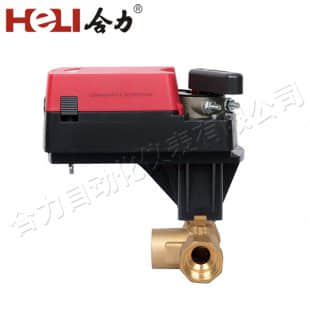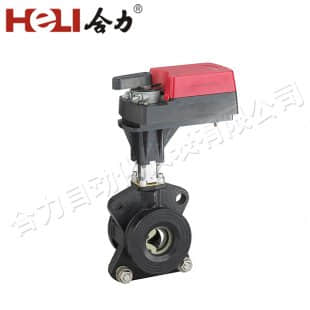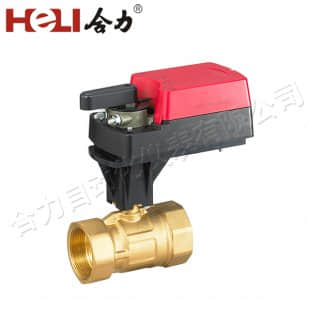An explosion-proof damper actuator is a crucial component in maintaining safety and operational efficiency in environments where hazardous conditions are prevalent. Designed to withstand explosive atmospheres, these actuators play a vital role in controlling the movement of dampers within ventilation and air handling systems. This article delves into the fundamental aspects of explosion-proof damper actuators, exploring their key features, operational benefits, and common applications.

Key Features of Explosion-proof Damper Actuators

Explosion-proof damper actuators are engineered to perform reliably in environments where there is a risk of explosive gases or dust. Their construction adheres to strict safety standards to ensure they do not ignite surrounding hazardous materials. These actuators are typically housed in rugged, sealed enclosures made of high-grade materials that can resist explosive forces. They also feature advanced design elements such as explosion-proof enclosures, reinforced wiring, and fail-safe mechanisms to ensure continuous, reliable operation under extreme conditions. One of the primary features of these actuators is their compliance with international safety standards such as ATEX (Atmosphère Explosive) and IECEx (International Electrotechnical Commission Explosion Protection). These certifications ensure that the actuators have been tested and approved for use in various hazardous environments. The actuators are also designed to operate efficiently over a wide range of temperatures, providing versatility across different applications.
